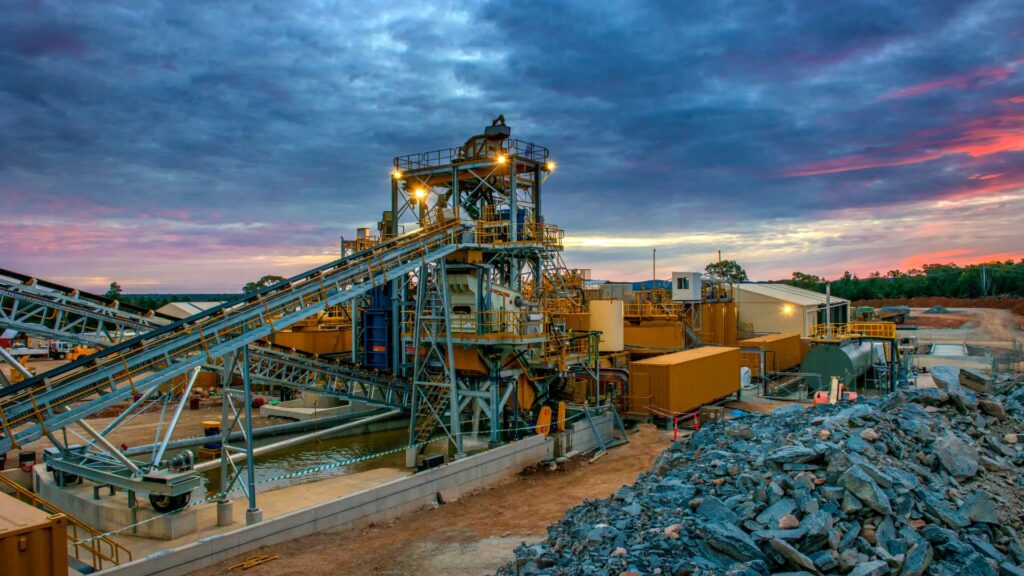With research around climate change and the damage to our planet only becoming more and more shocking, it’s imperative that individuals and industries alike make a stand for promoting sustainable practices. The mining sector is one that is crucial to many businesses, pulling valuable resources from our planet and using them to support our infrastructures, technologies and daily activities.
But mining irresponsibly can have devastating consequences for the environment, as well as for the human and wildlife populations in its surrounding areas. The degradation of natural resources in remote areas can be treacherous for the indigenous communities that live there, and it’s clear that more transparency and ethical practices are needed. Here, we explore three socially responsible mining practices.
Protecting local communities
Mining continues to be a leading industry for global wealth and trading, with the projected global growth in the industry looking to reach around $2775.5 billion by 2027. Some of the continued growth can be attributed to the introduction of green grants and sustainable financial incentives, with $450 billion being offered in 2022. But whilst this is a step in the right direction, small-scale mines in third-world countries need to do more to protect the local communities in which they operate.
As much as 80% of small-scale mining falls outside of any legal framework or regulations, which causes a fatality rate of over 90% higher than mines in industrialised countries for its workers – which often includes women and children. Socially responsible mines must prioritise the health and wellbeing of the local communities, by providing access to fresh water and managing the health risks associated with mining.
Transparency
Water conservation is a pressing issue in the mining industry, as extractions can require large amounts of water, which means that this vital natural resource is drawn away from the people who depend on it to survive. A mine has a responsibility to ensure protection of the surrounding environment, people and wildlife, by providing access to fresh water and creating a zero-harm environment.
Transparency for all mines is essential in order to ensure these standards are met. By closing down illegal mining operations and supporting those willing to pledge green initiatives, we can help reduce global damage from this industry. From reusing mining waste to using eco-friendly equipment, there’s numerous ways to modernise mining and reduce its social and environmental impact.
Sustainable development of minerals
The mining sector also has a responsibility to support the sustainable and responsible development of minerals used in battery technologies, such as lithium. With electric vehicles becoming sought after modes of transportation, lithium batteries are in high demand. With new technologies ever evolving, mining practices must do all they can to ensure responsible production of the minerals they require.
Lithium is a non-renewable resource, and its extraction has similar consequences as that of fossil-fuel mining, with soil degradation, biodiversity loss and CO2 emissions being some of the largest issues. Whilst some companies are looking into the use of more common elements such as iron or silicon for batteries, others are pushing for more eco-friendly ways to extract lithium.
As lithium batteries are currently providing a step away from the overmining of fossil fuels, the mining of these minerals is crucial. However, improving lithium extraction methods can help reduce the social and environmental costs of these operations.
Working together
It’s clear that a globally united approach is key to ensuring we mine responsibly. By taking innovative steps to ensure the extraction of valuable resources is as environmentally friendly as possible, we can help reduce the devastation to our planet from the mining industry. By providing eco-initiatives and modern practices, mines can work to serve and protect the local communities who live around and work in them.
This article was written in collaboration with Anne Walton, Consultant | Researcher at Digital Content & Media

